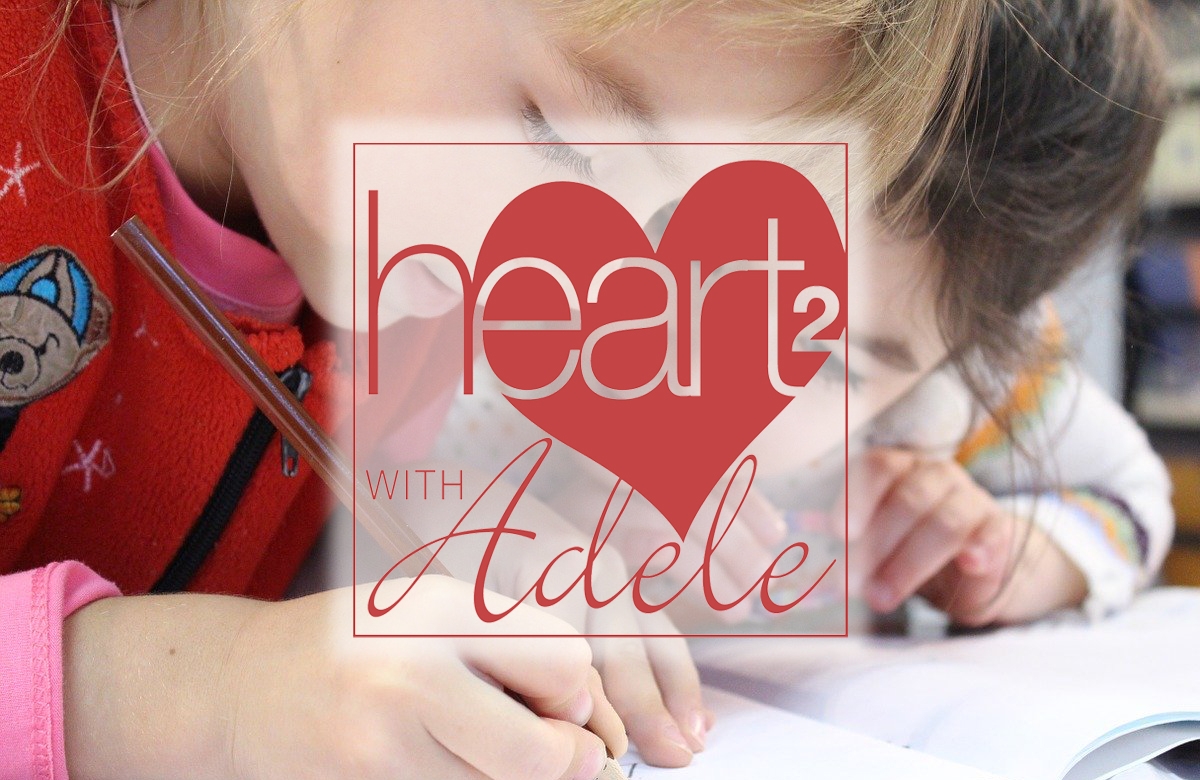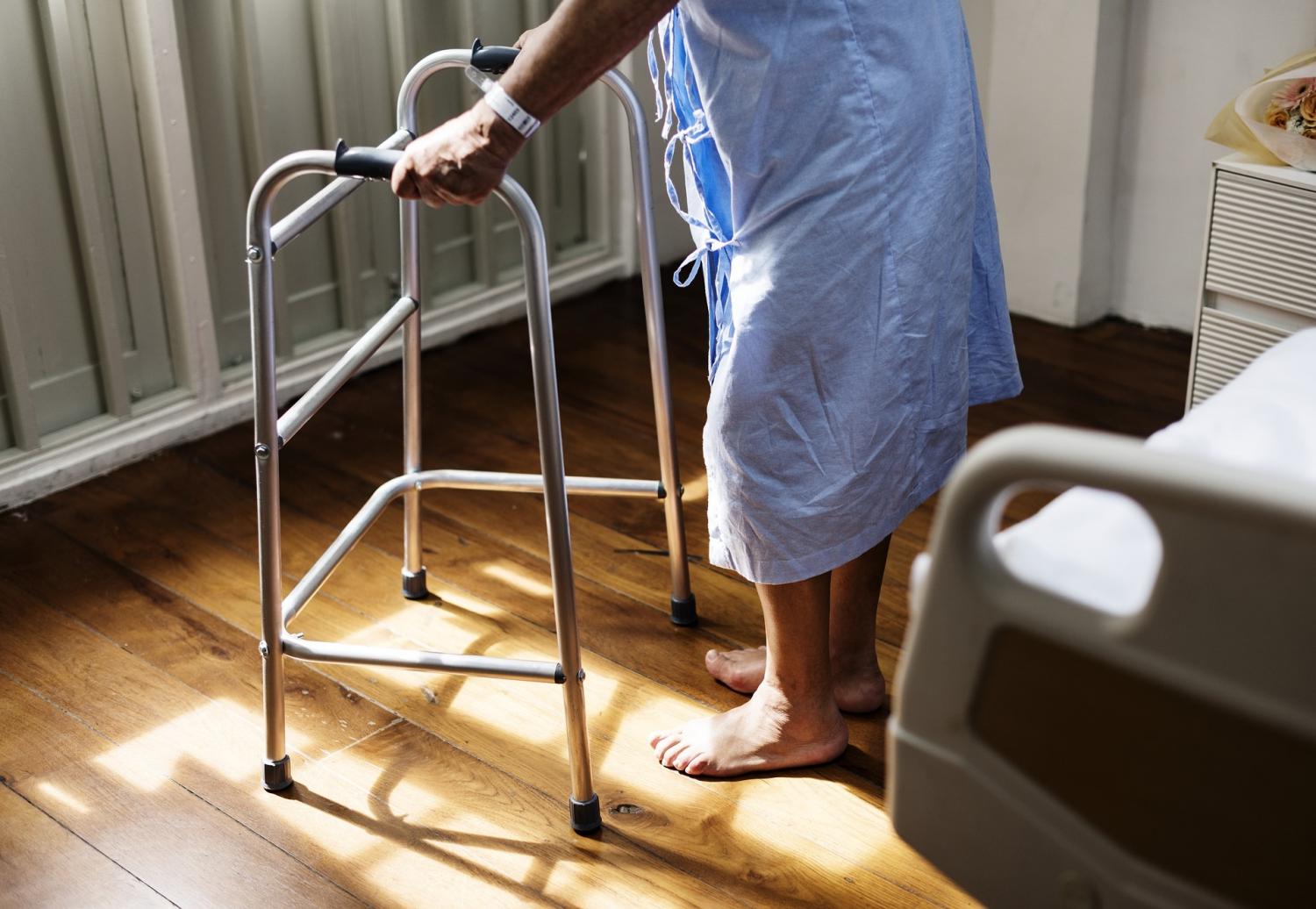
Love in the time of Covid
Love is patient, love is kind, and love is extremely different in times of a pandemic; we’ve learned that last part over the past year.
No matter who you are and where you live, it’s safe to say that the global outbreak of COVID-19 has had a significant impact on our lives, especially in changing our relationships with one another. In these unusual circumstances, romantic relationships and family connections have been put to test and the experience of dating has morphed into an almost entirely online one.
For singles, the quarantine can be truly frustrating. Dating or even simply socializing with others has been significantly impacted as activities are limited to online that can’t currently continue in person. A client humorously mentioned to me, “I’ve hit the end of Tinder with no one else to connect with and nothing else to say. What good are these connections when you can’t even go for a coffee with any of them?” His anecdote echoed the thoughts of many others who are feeling lonely and hopeless during these times. Mental health workers are seeing a significant rise in anxiety, depression, and substance abuse as these individuals feel isolated and demoralized. There are ways to alleviate the effects of pandemic as a single person:
1. Work on self-love and appreciation:
- Get to know the real you and learn to love them.
- Learn what triggers you and, conversely, what makes you feel appreciated — practice it.
- Work on positive relationships with food, exercise, and your body.
- Learn your love language; Dr. Gary Chapman has a fun online tool you can try.
2. Connect daily: human connection is extremely important for mental wellness. Make a point of connecting with at least one person every day.
3. Practice the art of giving: just because we are isolating, it doesn’t mean we have to stop giving. A study conducted by researchers from Harvard and the University of British Columbia found that selfless giving can lead to feelings of happiness. Here are some interesting random acts of kindness:
- Text a friend to connect with them.
- Watch a movie online with an isolated relative.
- Tell someone you know that you are proud of them and thankful for them.
- Donate to a food bank or shelter.
- Do your roommate's chores for the day.
- Generously tip your food delivery person.
4. Create a routine: not going to work or school can leave a gap in one’s life. Creating a routine can create a sense of certainty for us. Wake up and go to bed at the same time every day and alternate work or school work with joyful activities.
5. Celebrate special occasions: special occasions are NOT just for couples. You are a special and unique person who deserves love and appreciation and the first person responsible for giving you these wonderful things is YOU. Here are some ways you can celebrate:
- Make beautiful plates of food for yourself.
- Buy chocolate and flowers for Valentine's Day and attach a love letter to yourself highlighting all your great qualities.
- Attach gift notes to items you buy yourself online.
- Decorate a jar and fill it with daily notes on something you like about yourself or your accomplishments.
6. Sharpen your dating skills: The pandemic will not be forever! Work on your communication and body language.
Singles are not the only ones whose lives have been complicated by the global pandemic. Many couples have found themselves spending more time with partners and children than ever before, leaving individuals craving personal space. Spending every minute of every day with your partner may have been something you dreamed of before, but over time it can become frustrating. The reality is, we need personal space to recharge and work through our thoughts and feelings; being locked down with even your most beloved can leave you craving solitude. This isn’t a bad thing, and there are things you can do to use the isolation with your partner to your advantage:
1. This is a once-in-a-lifetime opportunity to get to know yourself and your partner better:
- Learn about your triggers and seek help on how to work through them. When something ticks you off, it’s often not about that particular incident, but about how it stirs the memories of past experiences. A therapist can help you find these patterns and work through them.
- Learning about your partner’s triggers can be great for a relationship, as long as it is done with compassion. When you see your partner triggered, show them kindness, give them space, and when they feel ready, ask about their experience and how you can be part of their healing process.
- Learn your partner’s your love language. Dr. Gary Chapman's online quiz may help you learn what makes you and your partner feel loved.
2. Work on your healthy communication skills: there’s nothing like being locked up in a house with your partner to highlight the importance of communication skills.
3. Learn and practice setting boundaries: when we don’t have boundaries, we may feel like we lack a sense of self. Sit with your thoughts and ask yourself: “What do I need? What are some tangible ways my partner can help me meet these needs and how can I communicate these needs in a kind and effective way?” Remember, if you don’t know what you want, your partner can’t know either.
4. Create an adventure plan: those who thrived on travelling may feel a sense of hopelessness these days. Yes, we all need to help curb this virus by staying put now, but there are things we can do to bring hope to our relationships. Spend some time with your partner and make an adventure plan for the next 5 years; things you can do together now (e.g., walking, learning to play a new game, or learning a new language) and travel plans for the next 5 years. Make it flexible and set small goals that the two of you can mark along the way.
Zahra is a Registered Psychotherapist (RPQ) in private practice and the Director of YourTherapist Psychotherapy and Counselling clinic in Ottawa (www.YourTherapist.ca). Utilizing her academic training in neuroscience and psychotherapy, she provides trauma-informed individual, couples and family therapy in the Greater Ottawa Area (in-person and by e-therapy) and Ontarian (e-therapy).









